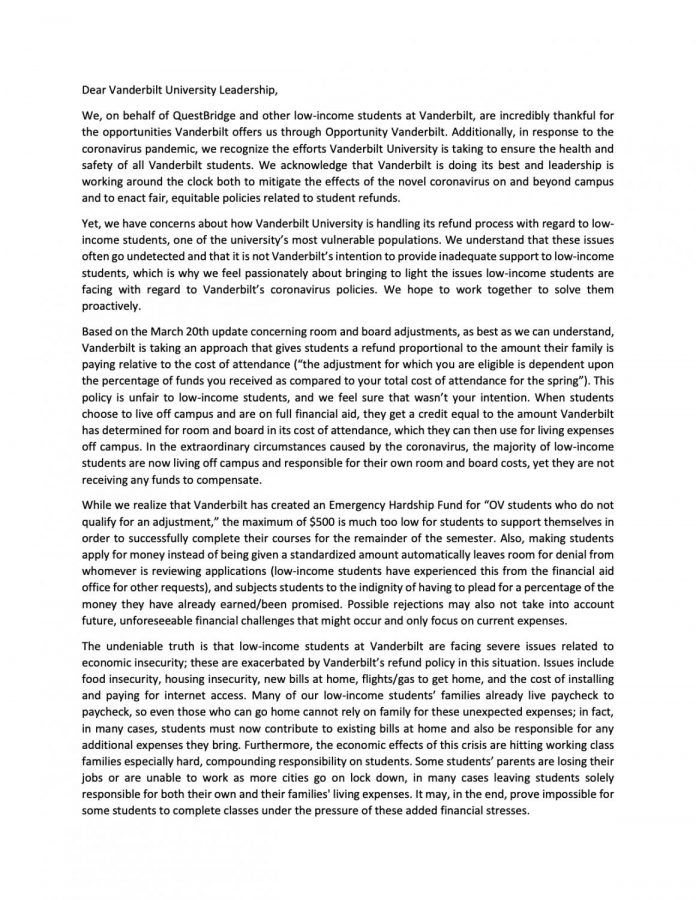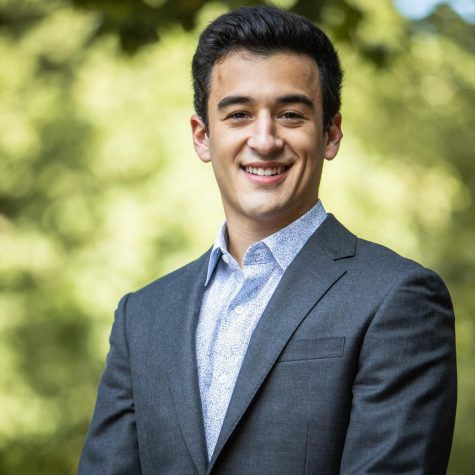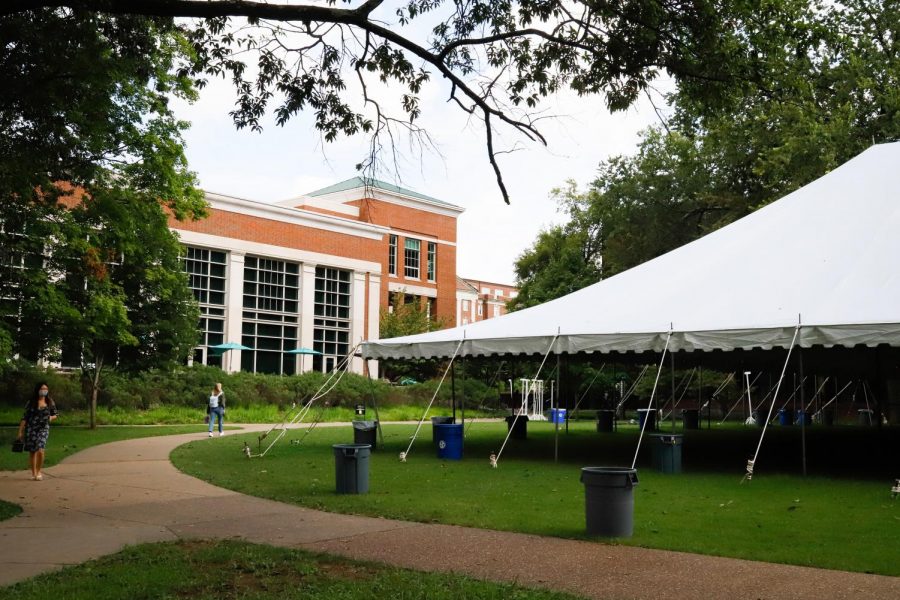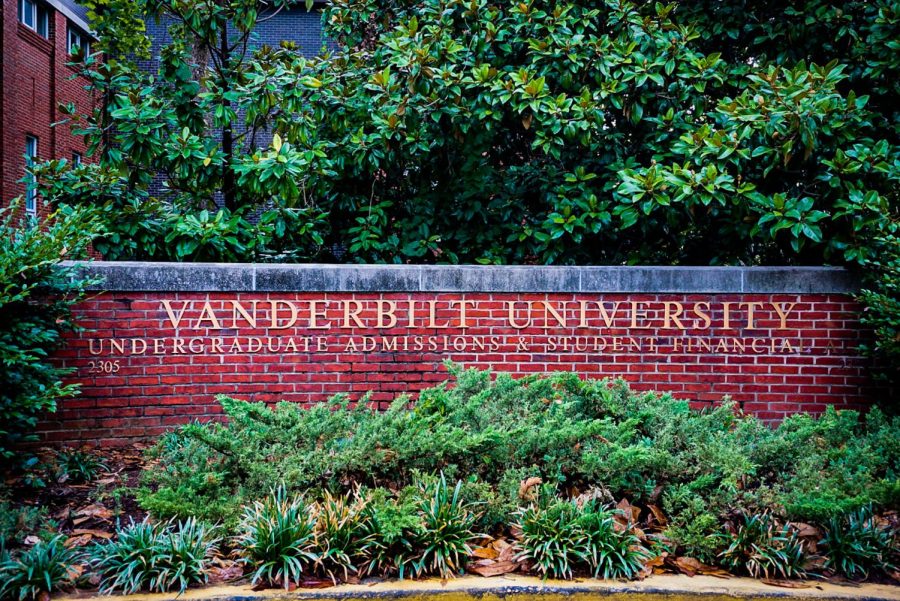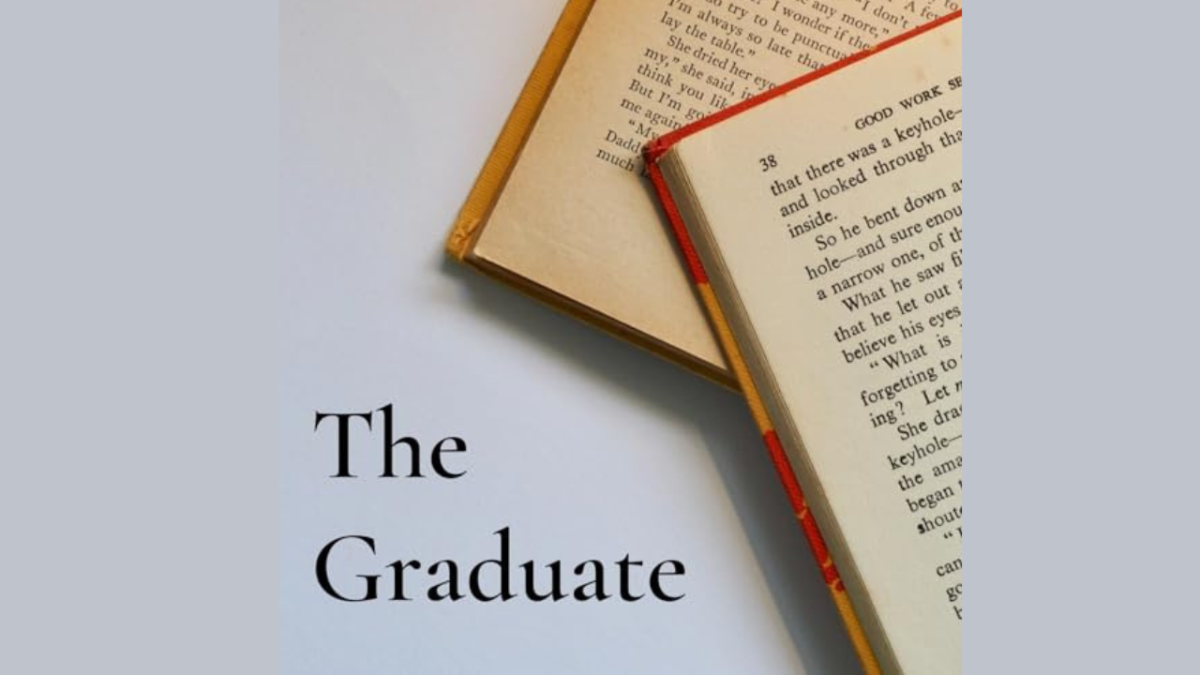A group of students involved in FirstVU and Vanderbilt’s QuestBridge chapter started a petition on change.org requesting that the university adjust its room and board refunds.
The petition was created on April 7 and has 1,466 signatures as of Monday morning. Using a Google form, the group is still collecting stories of what they call ‘Students’ Financial Realities’ that will eventually be used to help show the administration how its current plan – which can refund up to $1,380 in housing costs – does not align with the needs of many students.
“Even before Vanderbilt released their room and board adjustment policy, we were working with our students to assess their needs and brainstorm ideas for how we could work with administration to ensure these needs were met,” Amelia Taylor, the president of Vanderbilt’s QuestBridge chapter said. “We waited to see what the university’s decision on room and board adjustments would be before taking any action.”
When the university did post their decision on their Coronavirus FAQ page, the students were particularly worried about the policy adjusting refunds based on students’ financial aid packages. The Hustler has seen an email in which a financial aid officer told a student, “the percentage you paid out of pocket is the percentage of housing and dining adjustment you received.” In other words, students who pay ten percent of the price to attend Vanderbilt will receive ten percent of the refund they otherwise qualify for.
“As the QuestBridge President, each of our student’s stories weigh heavily upon me,” Taylor said. “For three weeks, I have been telling people to just hang in there, that we are so close to getting something changed. I thought that surely the university couldn’t ignore the stories of students eating one meal a day because that’s all they can afford, or having to go to a friend’s house to take an online test because their internet can’t support it. I feel guilty that I can’t bring them better news, and even guiltier that I can listen and tell their stories, but do nothing to ease the burden.”
“Both of my parents’ English is very limited and my father had to work seven days a week jumping from one dangerous construction site to the next, even having to take on an extra job in landscaping to pay for my music lessons at Blair. My mother cannot work at all, as she must look after my younger brother who has severe Autism,” QuestBridge committee chair Sung Jin said.
Jin said that it breaks his heart to hear the stories of his classmates experiencing emotional and financial stress.
“It is unfair for them to have to fight a multi-headed beast: maintaining grades, interacting with merciless professors, acting as the head of the household, paying rent and more. It is my honor and privilege to help represent these students that do not have a voice and stand up against the administration that has on one hand proudly brandished its world-class financial aid, but on the other hand failed to support its students in the darkest hour.”
The QuestBridge chapter began to address these issues by gathering information on how peer institutions handled the refunds before approaching Vanderbilt, and found 14 peer institutions – Bowdoin, Caltech, Carleton, Claremont-McKenna, Harvard, MIT, Pomona, Princeton, Scripps, Stanford, University of Virginia, Washington and Lee, Wesleyan and Yale – that promised to provide all students with full room and board adjustments, regardless of their financial aid package.
“We started by writing a letter on behalf of low-income students at Vanderbilt that contained our concerns related to how Vanderbilt was handling its room and board adjustment policy,” Taylor said. “In this letter, we discussed the issues low-income students are facing related to the transition to home-based learning, [such as] costs of securing housing, food, internet and utilities – all which were provided under students’ financial aid packages.”
A copy of their letter, signed off by Taylor, can be found below. The letter was sent through Dean Gresalfi and Vice Provost Beasley to the Office of Financial Aid. Sensitive excerpts regarding students’ first-hand experiences with home-based learning were removed for publication.
The administration responded to their concerns and invited the QuestBridge executive board to attend a Zoom call to discuss the issue. During the call, administrators helped explain the policies in place to address the needs of low-income students such as the Hardship Fund, individual financial review and a $200-400 stipend for students deemed in “severe need,” who do not qualify for a refund. The system in place still did not meet the needs of all students, Taylor said.
The Student Hardship Fund aims to quickly provide money to offset financial burdens for students with demonstrated financial need. Students are able to request an amount up to $500, and the Office of Student Financial Aid and Scholarship is subject to “request additional documentation as needed,” according to the FAQ page.
“These policies are subjective, as they rely on the judgment of whoever is reviewing the application. There is no guarantee of receiving the full requested amount,” QuestBridge freshman liaison Tariq Bolden said.
Even in these cases where the student is awarded the full $500, many students are still left in financial need, he added.
“We were unsatisfied with Vanderbilt’s position that individual financial reviews were actually better than providing all students the full, predetermined housing and dining adjustment,” Taylor continued. “From our experience, individual reviews are stigmatizing and subjective, as they rely on students being repeatedly ‘means-tested’ by individual financial aid counselors to determine if their ‘need’ warrants additional financial support.”
After the Zoom meeting, the QuestBridge students – who maintain a chapter of the national organization by supporting low-income students, both socially and through systemic change – felt it was time to join forces with FirstVU. FirstVU is a student group that works to connect, empower and educate first generation students on Vanderbilt’s campus.
Dena Liu, a QuestBridge freshman liaison, said that the two groups had common interests. In fact, FirstVU’s reaction to Vanderbilt’s policy largely echoed the concerns of QuestBridge students, according to FirstVU’s external affairs liaison Bitania Endalkachew. As a result, the two groups came together to create a unified effort in fighting for the adjustment policy.
“After partnering with Questbridge, FirstVU immediately spoke with a number of administrative officials who have previously supported low-income students in hopes of discussing the policy adjustment,” Toby Irenshtain, FirstVU’s president said.
Their petition, which took days to draft, is just the beginning, says Liu. FirstVU and QuestBridge are currently working on a cosponsored VSG bill calling for full adjustments for all students, including that of graduate students, who recently created a petition of their own.
“As of now, Vanderbilt holds that the system in place, a combination of the Hardship Fund and individual financial reviews, are the best methods of addressing the issues low-income students face, while we feel that these policies serve to broaden the gap between low-income students and their wealthy counterparts,” Endalkachew said. “We hope that with our continued advocacy, with the collection of signatures and data, we will be able to fully represent low-income students and highlight the unintended consequences of Vanderbilt’s current policies.”
The university did not respond to multiple requests for comment.













